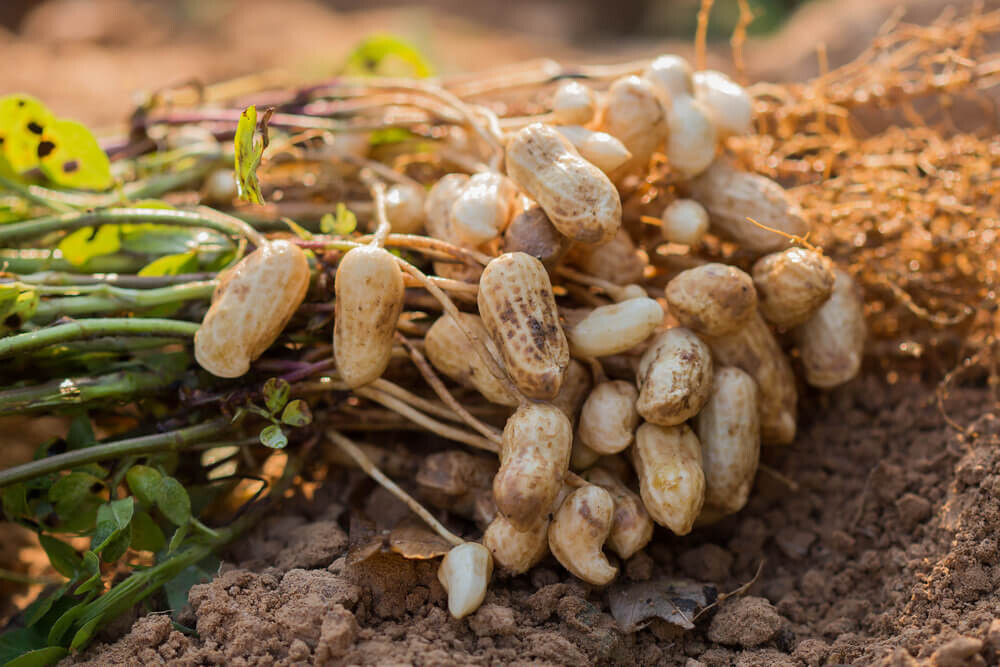
Buenos Aires, Argentina - Argentina's peanut industry is reeling after the government's decision in April 2018 to hike export tariffs on peanuts from 12% to 30%. The drastic increase has crippled the sector, leading to a significant drop in exports and widespread job losses.
Peanut exports plummeted from $1 billion in 2017 to just $600 million in 2018, highlighting the immediate impact of the tariff hike. The industry, which once provided livelihoods for over 100,000 people, has seen a sharp rise in unemployment as businesses struggle to remain viable.
The Argentine government had argued that the tariff increase was intended to protect the domestic peanut industry. However, the move has had the opposite effect, severely damaging its competitiveness in the global market. Key export destinations for Argentine peanuts, including the United States, Europe, and China, have largely ceased imports due to the increased costs.
The Argentine peanut industry now faces a precarious future. Peanut prices have fallen, export volumes have dwindled, and job losses continue to mount. While the government has expressed intentions to support the struggling sector, concrete results have yet to materialize.
Several factors have contributed to the collapse of Argentina's peanut industry:
Increased Export Tariffs: The surge in export duties from 12% to 30% in April 2018 rendered Argentine peanuts uncompetitive in international markets.
Currency Fluctuations: A significant devaluation of the Argentine Peso in 2018 further inflated the price of Argentine peanuts for overseas buyers.
Climate Change: Recent droughts attributed to climate change have reduced peanut yields, leading to higher production costs.
Global Competition: Argentina faces stiff competition from other major peanut producers like the United States, China, and India, who can often offer lower prices.
The future of Argentina's peanut industry remains uncertain. Despite government pledges of support, the sector continues to grapple with the combined challenges of high tariffs, currency volatility, climate change impacts, and intense international competition. Without effective solutions to these deep-rooted issues, the decline of Argentina's peanut industry is likely to continue.
The collapse of Argentina's peanut industry serves as a stark reminder of the potential consequences of imposing high export tariffs. Such measures can stifle exports, lead to job losses, and ultimately damage the overall economy.
[Copyright (c) Global Economic Times. All Rights Reserved.]





























